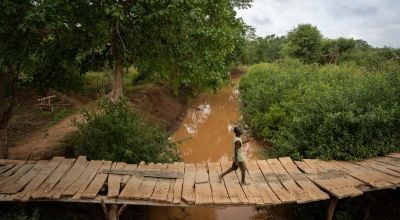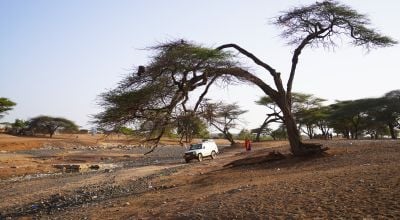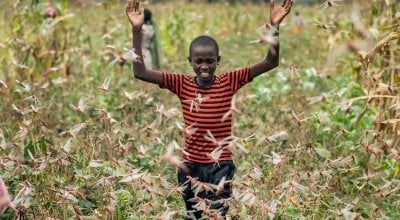
Read our 2023 annual report

Knowledge Hub
How the mighty potato is saving Ethiopian lives
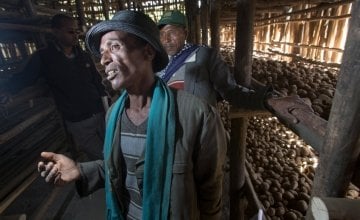
Many farmers in rural Ethiopia are over-reliant on a single crop. To combat this problem, Concern Worldwide introduced Ibre Seid and his community to the potato crop.
The results have been amazing.
New crops desperately needed
Ibre Seid claims he was the first person in his community to taste a potato, and this could very well be true.
The potato is not a crop traditionally grown in the area of Gelsha, where Ibre lives.
However, new crops were desperately needed.
People were reliant on barley alone, with a harvest heavily dependent on rain.
Drought and hunger
With the rains becoming increasingly erratic, barley was not wholly reliable, leaving farmers like Ibre unable to feed their families.
"We ate once a day. Sometimes twice, but normally once," he told Concern.
The need for supplementary crops that could cope with the changing climate was clear. So, Concern proposed the introduction of potatoes.
Potatoes were chosen because they are easy to grow, easy to cook, nutritious and can be stored for longer than other crops.
Ibre was one of the first 16 farmers to receive potato seeds and initially he was sceptical.
"No one believed this project would work. No one knew about potatoes – no one in the village," he insisted.
Positive results
Concern supported Ibre by providing training on how to grow the new crop. When the time came to harvest, he couldn’t believe the result.
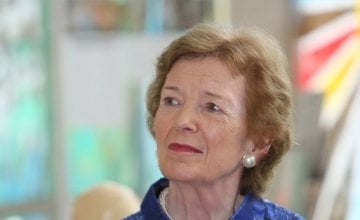
"The potatoes were so big, it was almost impossible to harvest!" he said.
"Now we eat three times a day. You can see huge improvements in the health of the children.
"I don’t remember the last time I took one of my children to the health centre. My first harvest produced 15 quintal (1,500kg). I took the surplus to market."
This project has been so successful that we're now working with 8,000 other farmers to encourage crop diversification.



